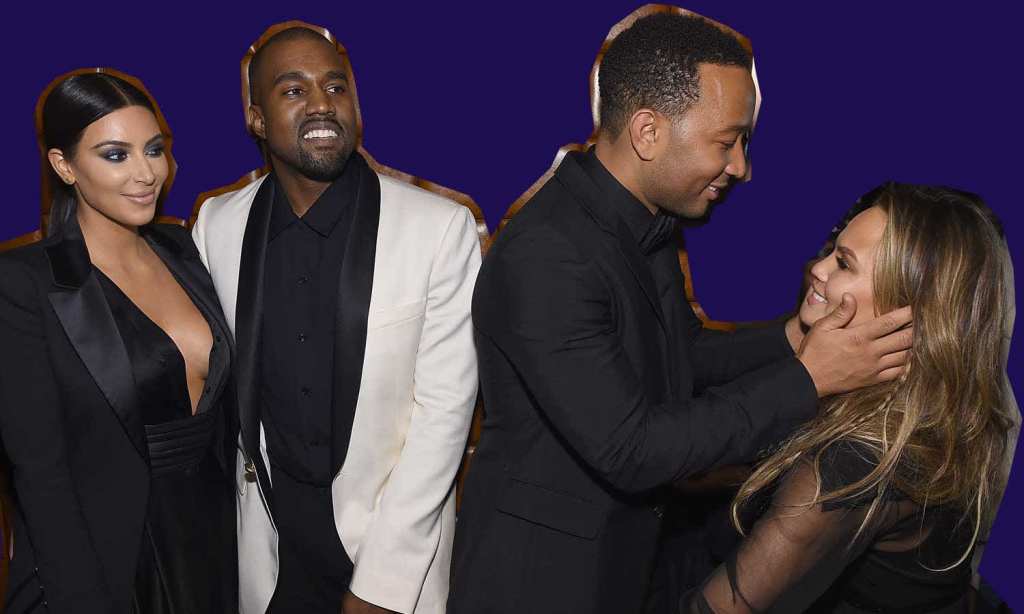Entering a new relationship often means a big change in the ways we socialise. To state the obvious — and particularly if your relationship takes on an exclusive or monogamous nature — it’s likely you’ll both cease flirtation with strangers or former flings.
Another way your social life may change: With a new compulsion to hang out with other couples. But what is this actually about? Why do couples generally prefer hanging out with other couples, and how can socialising with other couples affect our own relationships, both positively and negatively?
“Couples tend to gravitate towards other couples for several reasons, most of which are primal and innate,” explains relationship therapist and psychotherapist, Annie Gurton.
According to Gurton, the first and primary reason couples will choose to hang out with other couples is to avoid a threat to your own relationship.
“Looking at the traditional couple structure, there is an assumption that another couple is well bonded and practising fidelity, and so the other couple is not so likely to cause any rupture to your own relationship.”
Gurton says couples commonly feel “safe” with other couples and may find they can relax more if fears of outside attraction and infidelity are removed from the equation.
“A second reason is that we like to observe our own partner in a relationship with other people,” she continues. “When we are one-on-one with our partner, we are seeing them as they like to be seen by us when they are (consciously but usually unconsciously) projecting a relational and public front to us. We all do it, and its part of our primal efforts to be loved, and to be protected by our tribe.”
Gurton says that when we see our partner interacting with other people, we may be witnessing a more revealing form of their character, and from the perspective of another person outside of the relationship.
“Our partner will also be observing us in another way, through another lens. Usually we like what we see, but not always. When we see our partner in conversation with others, we can sometimes see traits that they might have been hiding, tendencies that we were unable to see, and foibles that we might have been choosing to ignore.”
In Gurton’s experience, having ‘couple friends’ that relate to your way of life can be beneficial for partners. “Hanging out with other couples who have the same values and perspectives on life is highly validating, and we all need to have our lives validated,” she says.
But not always is it a good thing to share so much with another partnership. “It takes a while to be able to trust another couple entirely. Often years. And with that trust comes the ability to be authentic, and trust them not to upset your relationship in any way,” Gurton says.
“Trouble can occur when both couples synchronise to the point where they become almost like siblings, and rivalry can arise. In addition, if another couple is experiencing marital difficulties or life difficulties, these can get transferred onto you and your relationship. The connection can become too strong, too enmeshed.”
Gurton says the best arrangement is one where three or four couples can get along together, and seamlessly move around each other without becoming too entangled.







